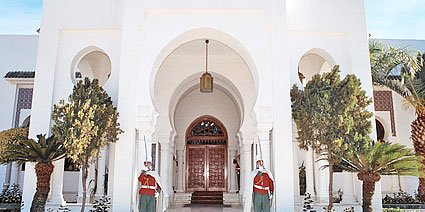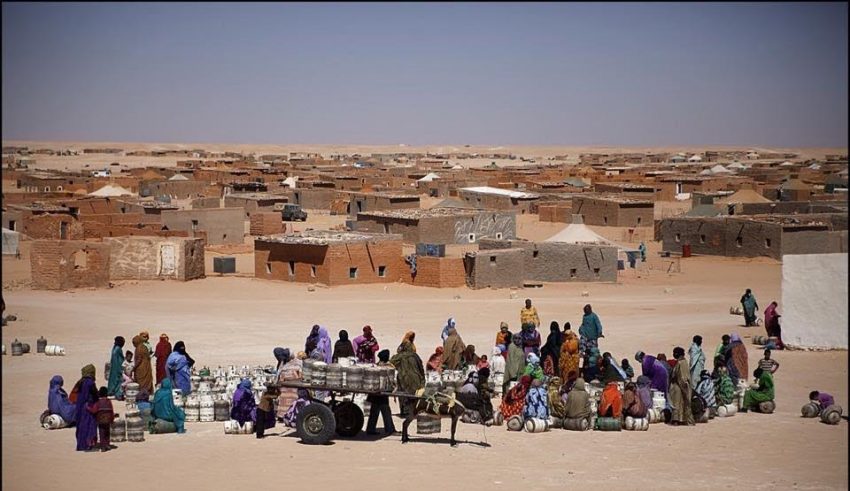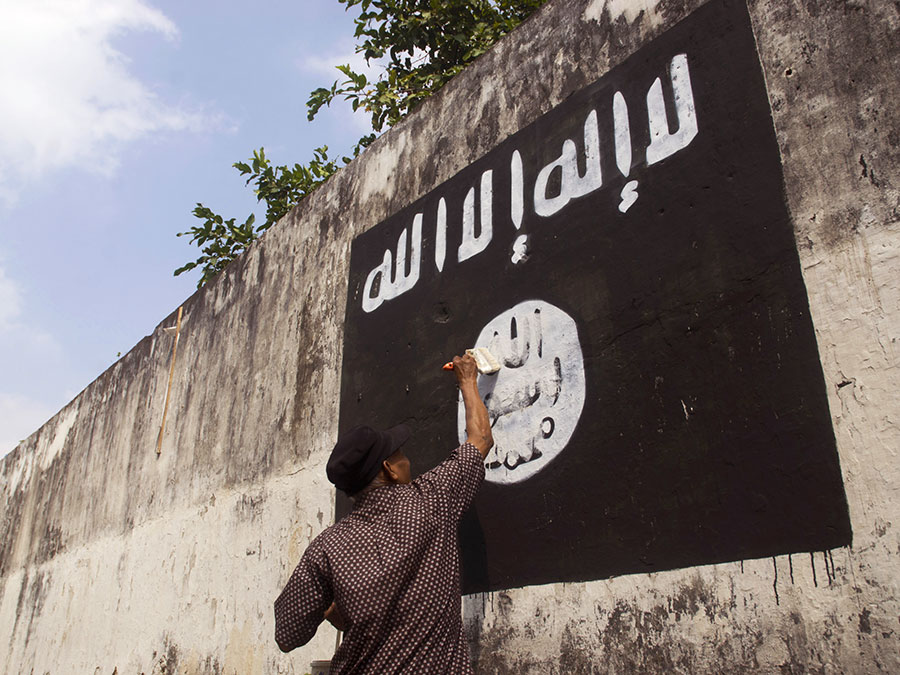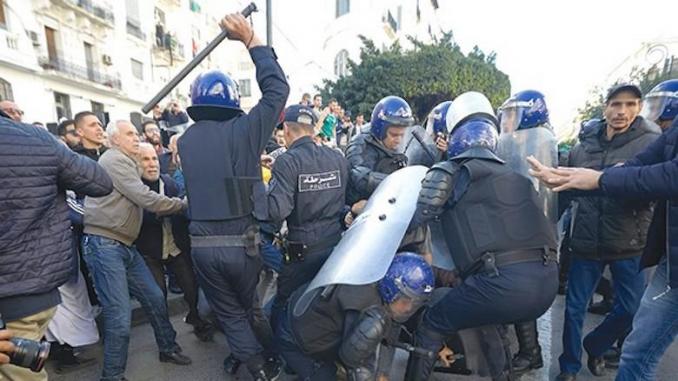Since President Abdelmadjid Tebboune came to power, presidential advisors have gained considerable influence, raising serious concerns about democracy and human rights in the country. This troubling shift towards opacity and authoritarianism has become a major cause for concern among both national and international observers.
A parallel government composed of the president’s advisors, exerting significant influence and power, appears to have overshadowed the official government led by the Prime Minister in running the country, comments the news outlet Sahel Intelligence, quoting international analysts.
Now, President Tebboune’s advisors can assist him in exercising his “constitutional powers” and can also be tasked with various missions and activities. The advisors’ new powers are outlined in a Presidential Decree, dated September 26, 2023, that reorganizes the services of the Presidency of the Republic.
According to analysts, one of the main concerns about the new powers of presidential advisors is the lack of transparency. While these advisors exert increasing influence over government decisions, the public and even government members are often not informed of the details of their discussions and recommendations. This has fuelled suspicions of potential behind-the-scenes agreements and arrangements, leaving citizens in the dark about how policies are formulated.
Opacity is not the only reason for alarm. Many observers have expressed concern about the impact of these advisors on the separation of powers in Algeria. While the Algerian president has pledged to preserve the independence of the executive, legislative, and judicial branches, presidential advisors seem to exert undue influence over the first two. This raises questions about the true independence of government institutions and the potential danger looming on democracy.
Another major reason for concern is the lack of accountability of presidential advisors. While they can play a pivotal role in policy formulation and decision-making, holding them accountable for their actions is challenging. This lack of democratic accountability erodes public trust in the government and fuels fears of unchecked power.
Furthermore, some decisions made under the influence of presidential advisors have raised worries about human rights in Algeria. Restrictive measures against freedom of the press and freedom of expression have been implemented, leading to national and international criticism. These actions are often seen as attempts to stifle dissent and maintain the political status quo.
In a nutshell, the Presidential advisors’ extensive powers raise questions about the pathway the country is taking. Opacity, absence of accountability, and lack of separation of powers jeopardize the very foundations of democracy.
Analysts insist that it is crucial that citizens, the international community, and human rights watchdogs closely monitor the situation and exert pressure to ensure that fundamental democratic principles are respected and preserved in the country.



